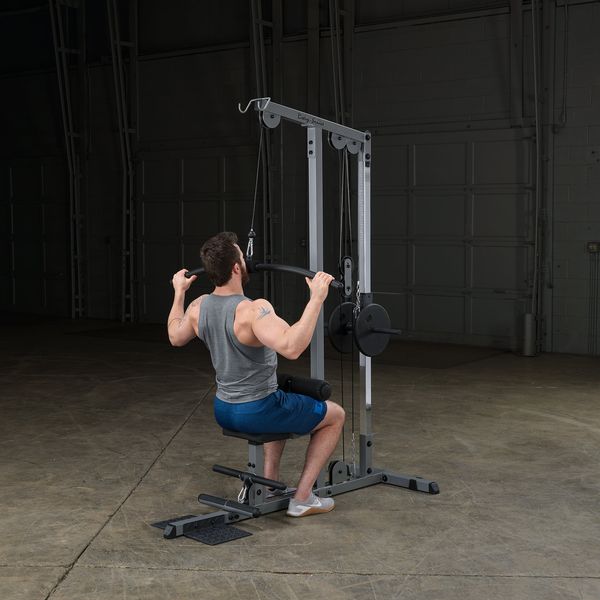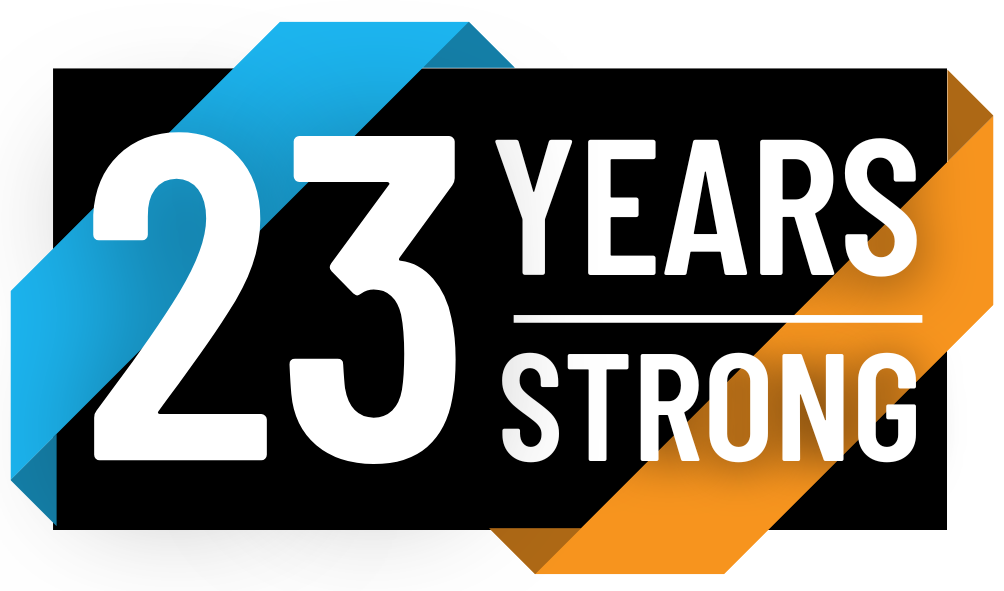
Lat Pulldown Machine: Target Muscles and How to Maximize Your Gains
The lat pulldown machine is a staple in many workout routines, especially for those focused on building upper body strength. This machine is specifically designed to target the latissimus dorsi (lats) but also engages several other muscles that support strength, stability, and posture. In this article, we’ll delve into the primary muscles worked by the lat pulldown machine, how it benefits your overall fitness, and tips for maximizing the effectiveness of this exercise.
What is the Lat Pulldown Exercise?
The lat pulldown is a strength training exercise that primarily targets the latissimus dorsi, the largest muscles in the upper body. Performed on a lat pulldown machine, the exercise requires you to pull a weighted bar from above your head down toward your chest or behind your neck. The movement mimics a chin-up or pull-up, focusing on pulling your shoulders down and back to activate your back muscles fully.
Primary Muscles Worked by the Lat Pulldown
1. Latissimus Dorsi (Lats)
The latissimus dorsi muscles are the primary targets of the lat pulldown. Running along the sides of the back, these large, fan-shaped muscles are responsible for giving the “V” shape appearance, which is often sought after in bodybuilding. The lats aid in shoulder extension, pulling your arms down toward your torso, which is the exact motion achieved during a lat pulldown. Strengthening the lats not only improves upper body aesthetics but also supports various functional movements like lifting and pulling.
2. Rhomboids
Located between the shoulder blades, the rhomboids work in concert with the lats during the lat pulldown exercise. These muscles retract the scapula (shoulder blades) toward the spine, which is an essential movement for proper back engagement. Strong rhomboids enhance your posture, help stabilize your shoulders, and add depth to the upper back, making them a secondary yet essential part of the lat pulldown exercise.
3. Trapezius (Traps)
The trapezius muscles, or traps, span across the upper back and shoulders and play a key role in stabilizing the shoulder girdle during a lat pulldown. Specifically, the lower and middle fibers of the traps are engaged to assist in the downward motion of the shoulder blades as you pull the bar down. Working the traps during a lat pulldown not only builds strength but also improves shoulder mobility and endurance, helping to prevent injuries.
4. Posterior Deltoids
The posterior deltoids, located on the rear of the shoulders, are another muscle group that works alongside the back muscles during a lat pulldown. They help stabilize the shoulder joint and assist in the pulling motion of the exercise. Well-developed rear deltoids contribute to shoulder health, balanced upper body strength, and an overall well-rounded physique.
5. Biceps
The biceps act as secondary movers in a lat pulldown. As you pull the bar down, your biceps are activated to help flex the elbow, which contributes to completing the motion. While they aren’t the primary focus of the exercise, biceps do receive significant engagement, which can improve arm strength and aid in other upper body exercises.
6. Forearms
The forearm muscles, particularly the brachioradialis, are engaged as you grip the bar during the lat pulldown. While forearm activation isn’t the main goal of this exercise, strong forearms help stabilize your grip, allowing you to perform heavier lifts without losing control. This engagement can lead to improved grip strength over time, which is essential for various other strength and endurance activities.
How the Lat Pulldown Machine Benefits Your Workout Routine
Incorporating the lat pulldown into your workout has several key benefits, including:
- Upper Body Strength and Muscle Growth: By targeting multiple large muscle groups, the lat pulldown is an effective way to increase upper body strength and muscle mass, particularly in the back.
- Improved Posture: The muscles worked during a lat pulldown also play a role in stabilizing and aligning the spine, which can lead to improved posture over time.
- Enhanced Shoulder Stability: Strengthening the back and shoulder muscles helps prevent injuries by improving shoulder stability and control.
- Functional Movement Improvement: The pulling motion of the lat pulldown mirrors real-life movements, such as pulling or lifting objects, making it a functional exercise that supports daily activities.
Variations of the Lat Pulldown and Their Benefits
Experimenting with different variations of the lat pulldown can help target muscles in different ways:
1. Wide-Grip Lat Pulldown
This is the most common variation and primarily focuses on the outer portion of the lats, giving your back a wider appearance. A wider grip generally emphasizes the upper lats more intensely, which can enhance back width and depth.
2. Close-Grip Lat Pulldown
In this variation, you use a closer grip on the bar, which shifts some of the focus to the middle portion of the back, especially the rhomboids and traps. Close-grip lat pulldowns are beneficial for increasing back thickness and engaging the biceps more directly.
3. Reverse-Grip Lat Pulldown
A reverse, or underhand, grip increases biceps involvement while targeting the lower lats and upper back. This variation allows you to lift more weight compared to the overhand grip, which can further challenge your back muscles and enhance arm strength.
4. Single-Arm Lat Pulldown
This unilateral exercise helps address any muscle imbalances in the back, allowing for a more even strength distribution. It’s also useful for improving focus and control during the exercise, as each side of the back works independently.
Tips for Maximizing Lat Pulldown Effectiveness
To get the most out of your lat pulldown workout, keep these tips in mind:
- Focus on Full Range of Motion: Bring the bar down fully to your chest (or close to it) for maximum lat engagement, and return slowly to the starting position to keep the muscles under tension.
- Engage the Core: Keep your core engaged to avoid leaning back too much, which can strain the lower back and reduce the effectiveness of the exercise.
- Avoid Using Momentum: Avoid jerking the weight down by using controlled, deliberate movements to ensure proper muscle activation and reduce the risk of injury.
- Grip Width Matters: Adjusting your grip width can target different parts of your back. Experiment to see which grip width activates your lats best and aligns with your goals.
- Breath Control: Exhale as you pull the bar down and inhale as you return to the starting position to optimize muscle engagement and stabilize your core.
Incorporating Lat Pulldowns into Your Routine
For optimal results, include lat pulldowns in a comprehensive upper body workout routine that balances both pulling and pushing exercises. Aim for 3-4 sets of 8-12 reps, gradually increasing the weight as you build strength and control. Combine lat pulldowns with exercises like seated rows, deadlifts, and pull-ups for a complete back workout.
Common Mistakes to Avoid
- Using Too Much Weight: If the weight is too heavy, you may end up using your arms more than your back. Start with a manageable weight and focus on form.
- Leaning Back Excessively: Excessive leaning reduces the effectiveness of the exercise and can place undue strain on your lower back.
- Not Activating the Back: If you’re primarily using your arms, you’re missing out on the full benefits of the exercise. Visualize pulling the bar down using your elbows to engage the lats more fully.
Final Thoughts
The lat pulldown machine is a versatile and effective tool for building back strength and enhancing upper body stability. By targeting the lats, traps, rhomboids, and more, it offers a comprehensive workout for those aiming to improve posture, upper body strength, and muscle definition. Incorporate different grip variations and focus on proper form to make the most of your lat pulldown sessions. With consistent effort and attention to technique, this machine can significantly contribute to a well-rounded and strong upper body.

